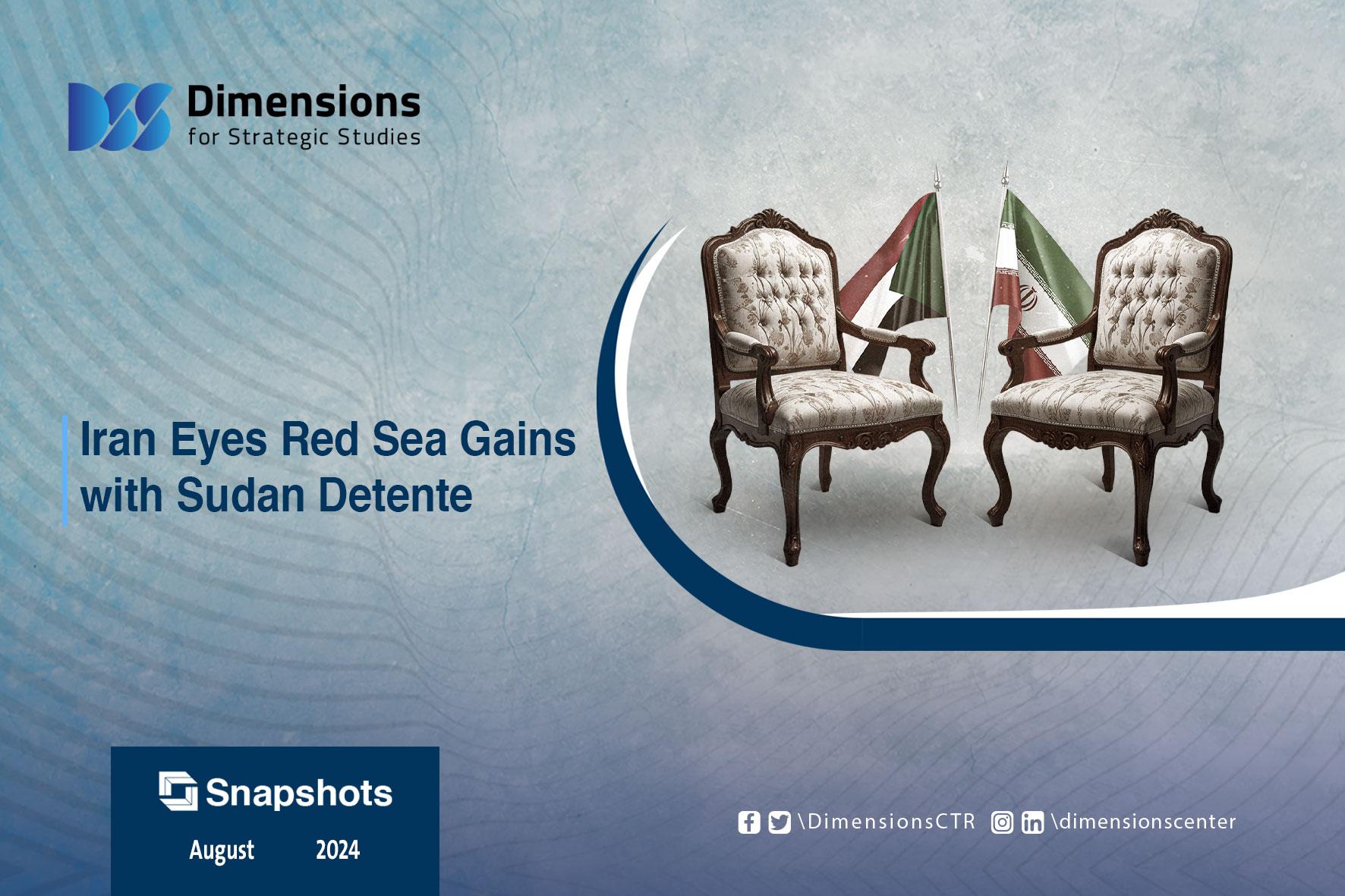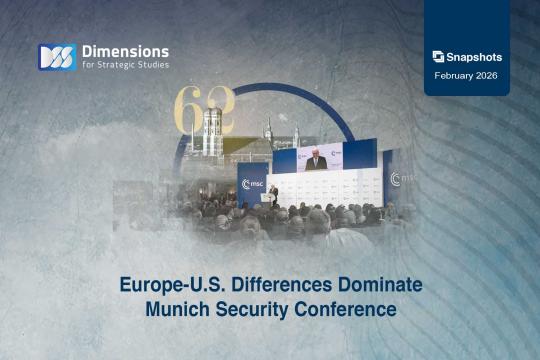
Iran Eyes Red Sea Gains with Sudan Detente
2024-08-123918 view
Iran and Sudan exchanged ambassadors on July 21, marking their resumption of diplomatic relations after an eight-year estrangement. The two had broken off ties in January 2016 after Khartoum voiced solidarity with Saudi Arabia, whose Tehran embassy had been sabotaged by Iranian protestors angered by the Kingdom’s execution of Shiite cleric Nimr al-Nimr.
The rapprochement between Tehran and Sudan’s de facto ruler Abdel Fattah al-Burhan, army chief and head of the war-torn country’s Sovereignty Council, comes with both Sudan and the Middle East mired in major conflicts. The move has multiple geopolitical implications—especially for Iran, whose strategic vision in the region relies on a growing maritime influence and bolstered military presence, both through its allied armed groups and through military bases.
Sudan is important to Iran for a number of reasons, most prominently its long Red Sea coastline, which makes the African nation a key prize for any outside state that wants to exert influence in the region more generally. Sudan’s location potentially offers Iran a greater degree of control over the waterway’s strategically vital entrances: the Bab al-Mandeb Strait and the Suez Canal.
Were the Islamic Republic to establish a port or naval base at Port Sudan, as is currently under discussion, this would allow it to track sea traffic in the area and threaten the flow of goods to the Israeli port of Eilat.
Iran already exercises influence via its Yemeni ally Ansar Allah (the Houthis) over the Bab al-Mandeb Strait, one of the most important arteries of global maritime trade. This bolsters Iran’s influence in the region and gives it a forward base against the vital interests and security of its arch-rival Israel. Iran could use an alliance with Sudan’s rulers to compound the military and security advantages offered by the Houthis, in order to encircle its Israeli adversary as part of the arch-rivals’ perennial struggle for region-wide hegemony.
The leverage Iran draws from the Houthis has become starkly clear from the Yemeni group’s attacks on shipping in the Red and Arabian Seas since November, ostensibly in support of Hamas and the Palestinian people against Israel’s military campaign in Gaza.
Indeed, an Iranian presence in Sudan would allow the Islamic Republic to play a more active role not only along the Red Sea coast and around Bab al-Mandeb, but also more broadly across the African continent, where it and Israel are waging a bitter shadow war for hegemony.
Sudan constitutes an important platform for Iran to establishing its influence in the Horn of Africa and therefore expand its clout across the African continent. Its diplomacy will however intersect and compete with Saudi, Egyptian, Russian, Turkish, American and European activities, especially on the Red Sea coast, in parallel with a marked rise in Russian influence across the continent.
Iran also has religious and cultural interests in Sudan, with a focus on promoting Shiism. The Islamic Republic was active in this area before it severed relations with Sudan in 2016, via a network including the Iranian Cultural Center in Khartoum, the Imam Jaafar al-Sadiq Library, Shiite educational institutions such as the Imam Ali bin Abi Talib Educational Foundation and the Fatima al-Zahra School, many Husayniyyas (congregation halls for Shiite commemoration ceremonies) and charitable societies supporting needy sectors of the population in efforts to win them over to Shiism.
From the perspective of Burhan, the move to fix ties with Tehran is also a response to the backing that certain Arab states and regional actors have offered to the Rapid Support Forces led by Burhan’s arch-rival General Mohammed Hamdan Dagalo (commonly known as Hemedti).
Burhan had needed a backer who could provide his forces with strategic arms such as drones and ammunition to tip the balance in his war against the RSF. Iran could also provide fuel and fertilizers at preferential prices, and offer expertise that will be vital to rebuilding Sudan’s infrastructure once the war is over—as well as enabling it to pay its overheads, through bilateral trade.
In conclusion, Sudan is of major strategic importance to Iran, which has a long history of intervening in conflict zones in order to promote its geopolitical goals. Yet the situation in other parts of the region that have seen increased Iranian influence—Lebanon, Iraq, Syria, and Yemen—suggests that the Sudanese army could, over the long term, transform into a militia group similar to Iraq’s Iranian-backed Popular Mobilization Forces (PMF).





